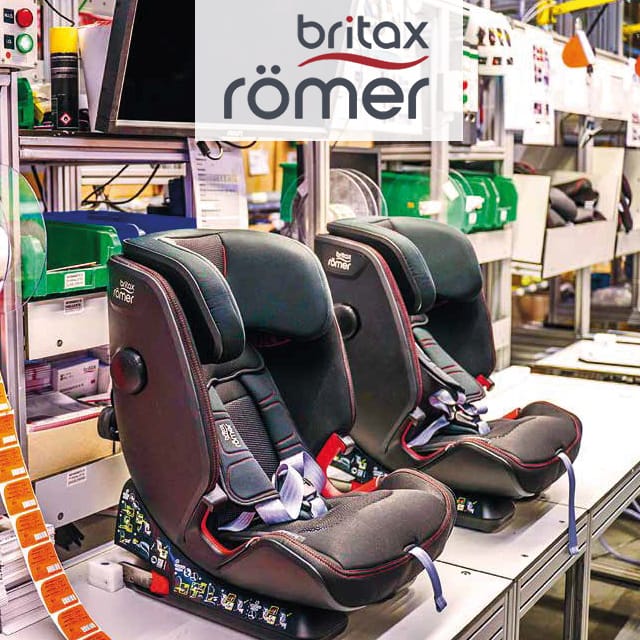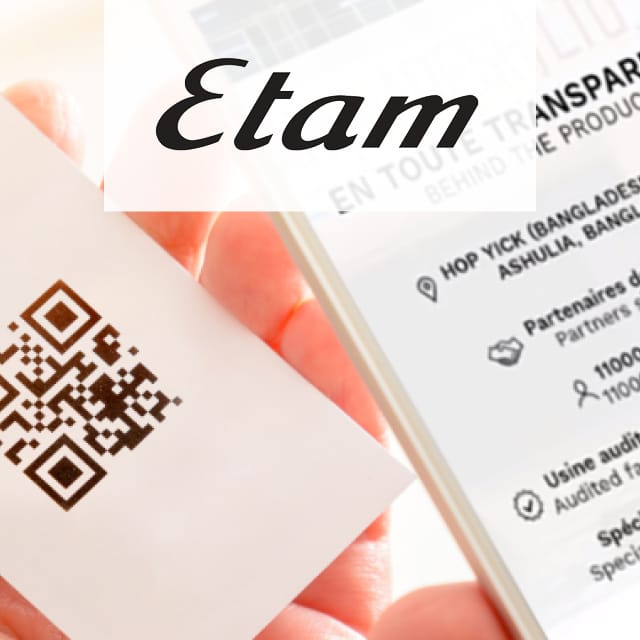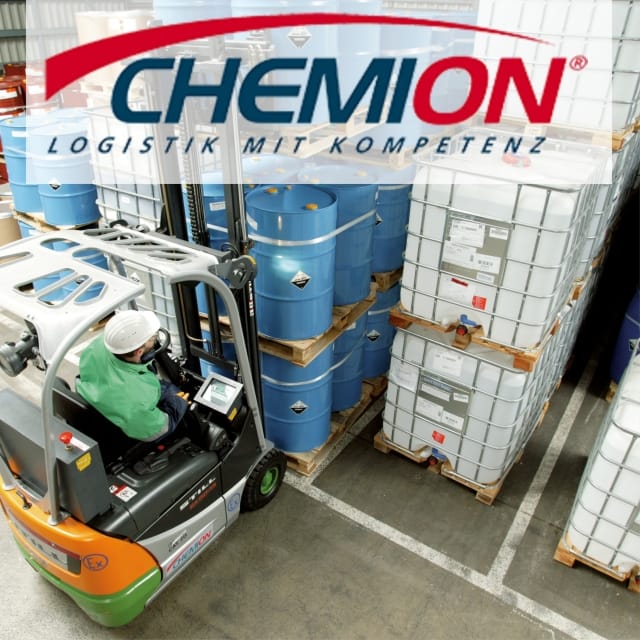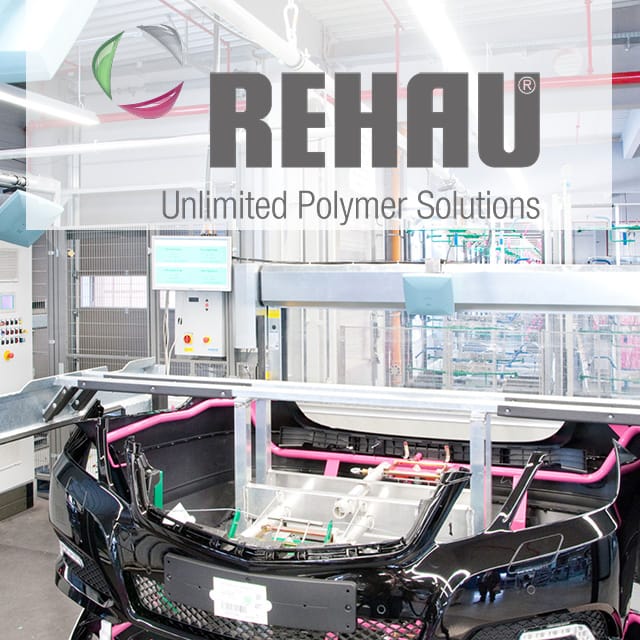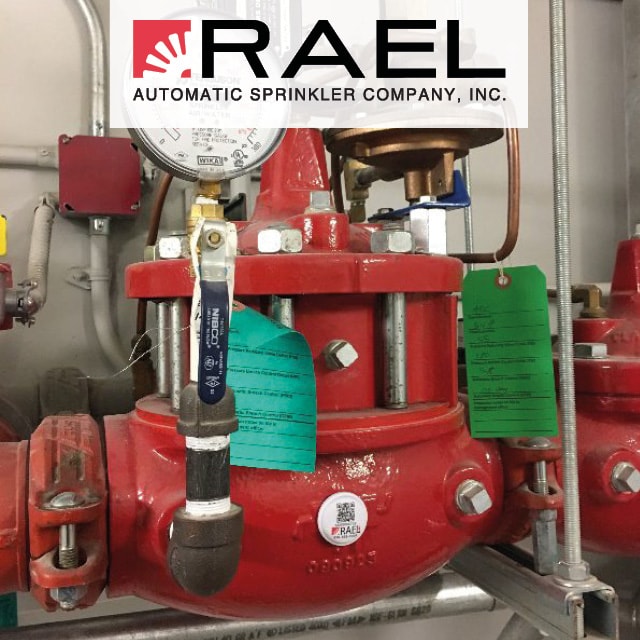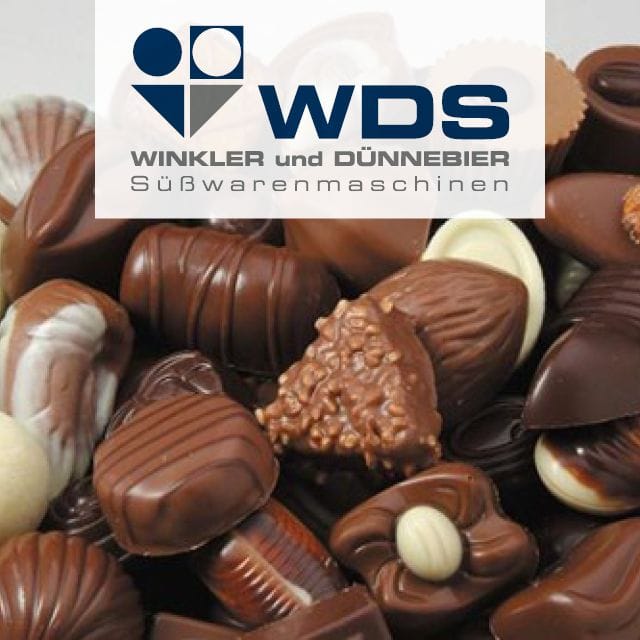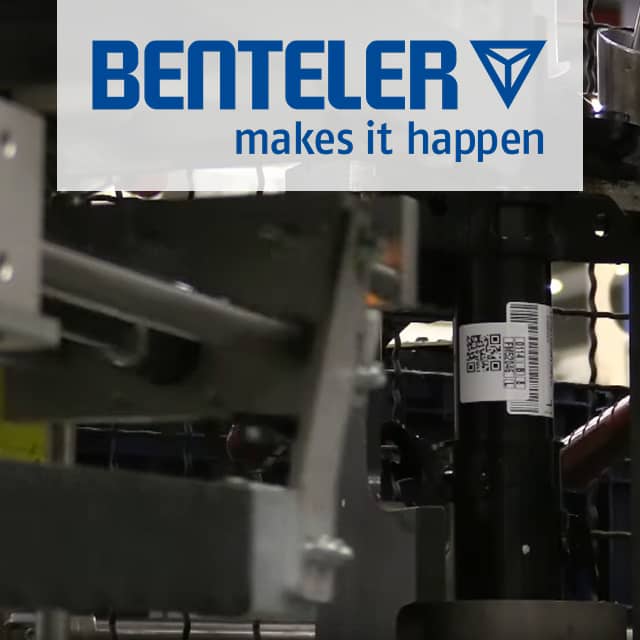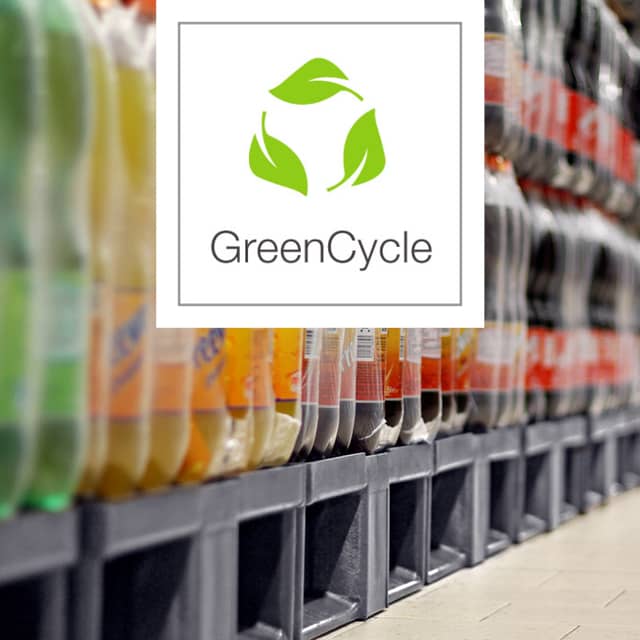
Interior Finishing of Cabins with RFID at Airbus
Airbus’s commercial aircraft activities involve approximately 28,000 workers in Germany. The staff working at the Hamburg-Finkenwerder industrial site are central to Airbus programmes, as they handle structural assembly and equipping of fuselage sections, as well oversee the A320 jetliner family’s program management. Hamburg-Finkenwerder is responsible for more than half of Airbus’ annual A320 Family output.
The site also plays a key role in the A380 programme, with its major component assembly hall that handles structural assembly and equipping of forward and complete rear fuselage sections for this very large aircraft. These fully assembled and outfitted fuselage sections are then shipped to the A380 final assembly line in Toulouse, France on a specially-built roll-on, roll-off sea-going vessel.
Process Requirements
(Load) carriers, component identification, tool management: Transparency and control through RFID plays a decisive role in the corporate strategy of the aircraft manufacturer Airbus in Hamburg - also regarding the future.
The Hamburg plant is focusing particularly on the cabin interiors of the Airbus A380, where RFID tags are used in many sub-areas of identification.
In component identification, the aviation authority distinguishes between devices that require documentation and those that do not. Information such as weight, serial number, manufacturing date or expiry date are collected manually for those components requiring documentation, which makes the process time-consuming. In the interior of the cabin of the A380 alone, around 1,000 parts are subject to documentation.
Solution
RFID-tagging is an integral part of the integration of the cabin interior of the Airbus A380 at the Hamburg-Finkenwerder site. In the delivery process, the company tracks Material Delivery Units (MDUs) by RFID tag. The containers are equipped with building components of the suppliers and are recorded by RFID antennas as they pass through the delivery gates of the assembly hall.
The type of container varies between disposable containers marked with inexpensive paper labels and reusable containers, to which higher-priced tags are permanently attached. All four sides of the container are equipped with a transponder for 100% registration, that guarantees reading independent of direction.
The MDU tracking system spans several production tiers, which are equipped with RFID antennas at the entrances and exits, including the Upper Deck, Main Deck, and Lower Deck. Building components and tools are also tagged for tracking, inventory, and calibration.
Airbus in Hamburg tags both documentable and non-documentable devices, such as life jackets to generate proof of completeness for the company and the customer. For example, an Airbus employee in Hamburg uses a portable scanner to regularly scan the life jackets in order to check and document their expiry date.
Technology Partners
Hardware & Software
Advantages
- 100% control and transparency of the processes in the cabin interior.
- Fulfilment of documentation obligations towards supervisory authorities and customers.
Outlook
- Airbus in Hamburg is continuously searching for potential process optimization that can be realized with technologies such as RFID.
- Tags could be re-used by customers as they remain on parts such as the life jackets.
Learn More
Questions? Get in contact with the editorial team!
Technologies
Application Fields






